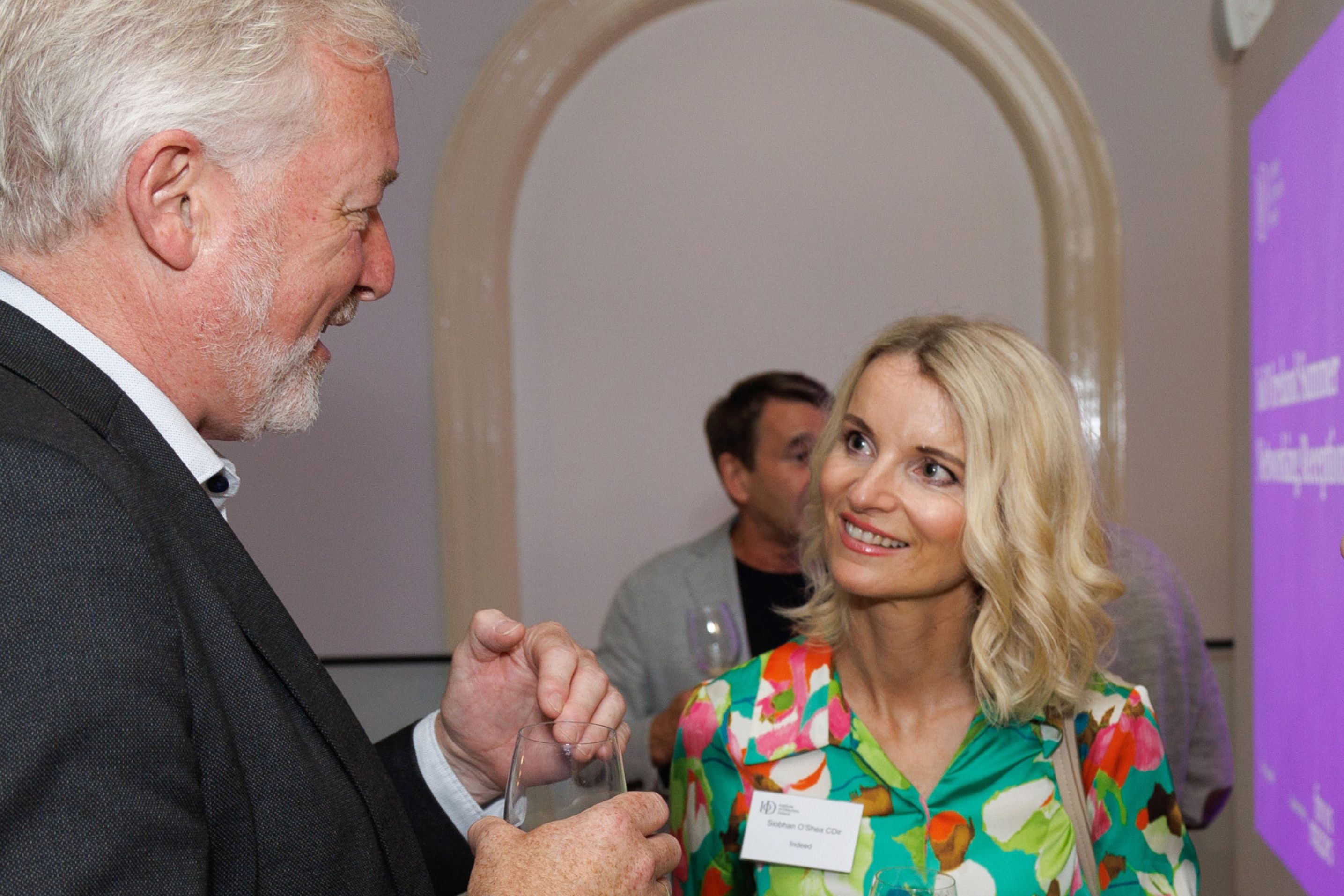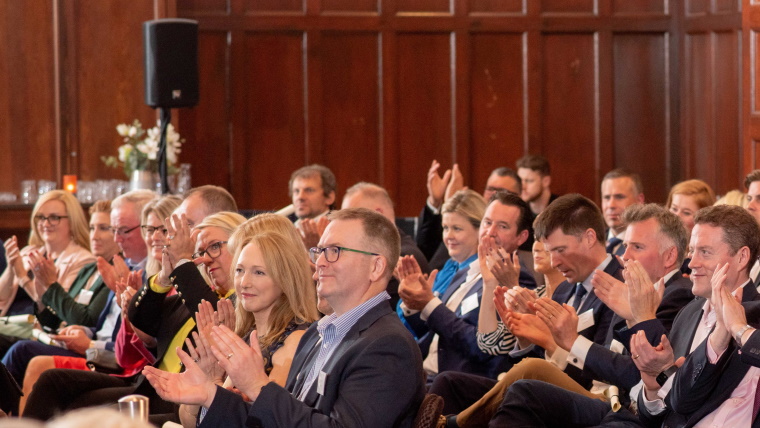
John Farrelly
Chief Executive, Mental Health Commission
John is a highly experienced public sector leader recognised for executing strategic growth and optimising board and executive effectiveness.
John has a track record of creating and maintaining a high-performance, results driven culture in a collaborative and inclusive manner. John is the Chief Executive of the Mental Health Commission and prior to this was Ireland’s Charities Regulator. John is recognised as an expert in governance and management and has rolled out national governance codes, standards and regulation for the health and charities sector in Ireland. John was educated at the Honourable Society of King’s Inns, Harvard Kennedy School, Smurfit Business School, and University College Dublin.
What is the one characteristic that you believe every leader should possess?
Good leaders possess the curiosity to interpret where their world, country, sector or market is going in the future and how their organisation can best fit into and influence the challenges and opportunities this future may present. The best leaders I have met possess the vision, values, determination, and belief to guide their organisations into the future through both hard times and periods of growth. To do this requires leadership, which is both values driven, and knowledge based. The best leaders are hungry to translate knowledge into delivery but also understand that this must be aligned to the values that they hold.
What is the most important lesson, from your personal or business life, that has guided you the most in being a business leader?
My most important lesson is not to be afraid to set and deliver high standards. People like to work in and be part of an organisation that drives excellence. From an organisational perspective, I have learned that teams of people who have the right knowledge, expertise, commitment, and values tend to deliver high standards for the organisation and the people we serve. This should not be confused with a culture which is “agreeable” but rather a team culture where people whose values, attitude behaviours and experience fit with the organisational values and approach.
Is there someone who has had a major impact on you as a leader? Why and how did this person impact your life?
My mother and father were the main impact on my approach to life. They believed in hard work built on compassion for others and doing the right thing. These values are part of my leadership make up.
In my career, Dr. Tracy Cooper, the first Chief executive of HIQA, brought a level of dynamism, pace, transparency and delivery which I had not observed previously in the Irish public service. She appreciated that as a Regulator the rules must be consistently applied to all to entities, be they private, public, or not for profit ensuring a fair market where all operate on a level playing field.
What are the biggest business challenges or/and opportunities that you have seen over your career to date? And how did you help to overcome or/and optimise these?
I have led both start-ups and established organisations. Start-ups facilitates early collaboration at governmental and board level to optimise the strategic vision and better plan for the resources, structures and process to optimise success.
Digital technology is the biggest opportunity for enabling an organisation to deliver at scale and pace. In HIQA, the Charities Regulator, and the Mental Health Commission, I have supported or led digital transformation projects. This in turn leads to data and cyber security challenges requiring expertise at Executive and Board levels.
How do you think business leaders can best prepare for the future?
While the world we live in will continue to change, presenting both opportunities and challenges, the key advice I would give to any leader to prepare for the future is to know thyself. Know your own strengths and weaknesses and most importantly know and live your own values. By living your values, you can be the person who sees opportunities and challenges that may arise but perhaps more importantly can be the person to attract the next generation of leaders into your organisation. Young professional leaders are seeking people of integrity to inspire them. It is important we do not let them down.
What do you hope to gain from your membership with the IoD?
I hope to further enhance my network within the IoD with a focus on the skills that directors and leaders require. Being able to reach out to peers who understand all aspects of governance is especially welcome at this stage of my career.
The courses offered by IoD Ireland are also tailored to the needs and professional life of C-suite executives, directors, and board members. Over the next ten years, I hope to shift the balance of my time from public service executive national to board level at national and international. The network and knowledge within the IoD is a key factor in supporting this transition.
What advice would you offer to new or aspiring directors in Ireland?
Ensure you understand your duties and obligations of a director as every year you will be held accountable by members, shareholders, and regulators. There are many great courses including those delivered by IoD Ireland that can ensure you are well informed in terms of your duties and obligations.
The best directors I have worked with understand the difference between the duties of the board and the executive. A well governed organisation is structured to ensure the boards’ duties are delivered. This good governance supports the executive to drive growth and ensure the resources of the organisation are focused on organisational goals and deliverables.

